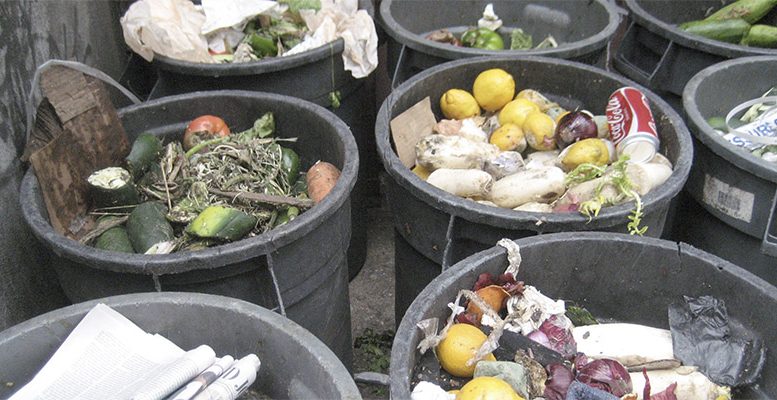Portocolom AV | One out of every three pieces of food ends up in the rubbish bin, which is equivalent to around 1.3 billion tonnes of food. That is enough to feed all the undernourished people in the world several times over. In Spain, each person throws away 77 kilos of food a year, 42% of which is generated in households. But food waste is not only a social or humanitarian concern, but also an environmental one. When we waste food, we also waste all the energy and water it takes to grow it, harvest it, transport it. And if the food ends up in landfill and rots, it produces methane, a greenhouse gas even more potent than carbon dioxide.
Food waste generates about 8% of all greenhouse gas emissions made by humankind. In the US alone, wasted food production generates the equivalent in greenhouse gas emissions of 43 million cars.
The first International Food Loss and Waste Awareness Day was held last year on September 29. All within the framework of the UN Sustainable Development Goals, which include targets such as halving food waste by 2030 (SDG 12.3) or cooperating and building partnerships between players to achieve sustainable development (SDG 17). At this point, Danone has taken another step forward in its fight against food waste. It will replace the expiration date by the best before date on up to 80% of its universe of dairy products, currently at 40%, over the course of this year. The best-before date indicates the time until which the food retains its intended quality. Once this date has been exceeded, although there may be changes in some properties, the food remains safe for consumption. Meanwhile, the expiration date refers to the safety of the food, so that nothing should be consumed after that moment. This gives us the opportunity to consume in a responsible and environmentally friendly way.





